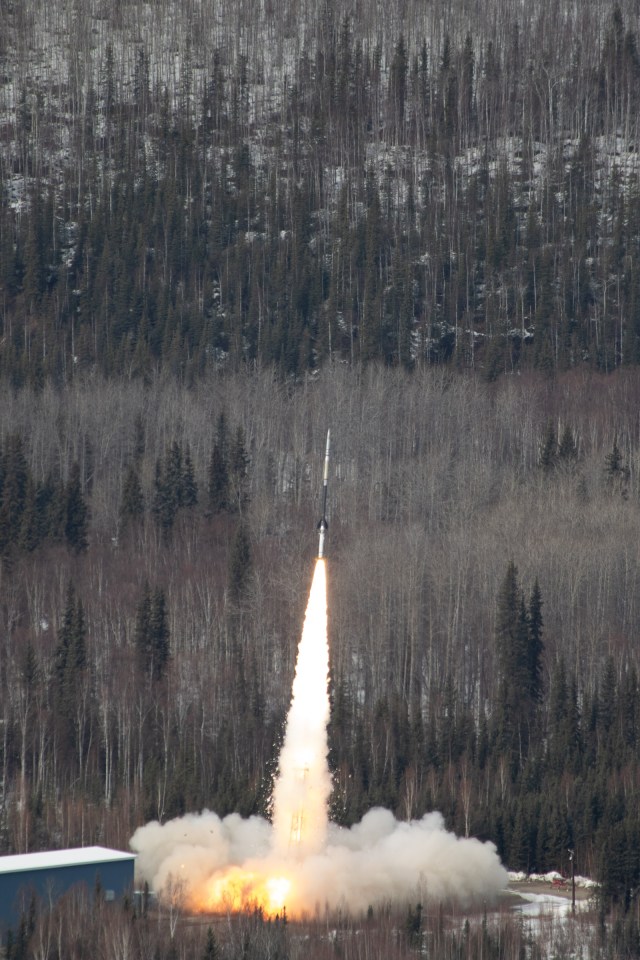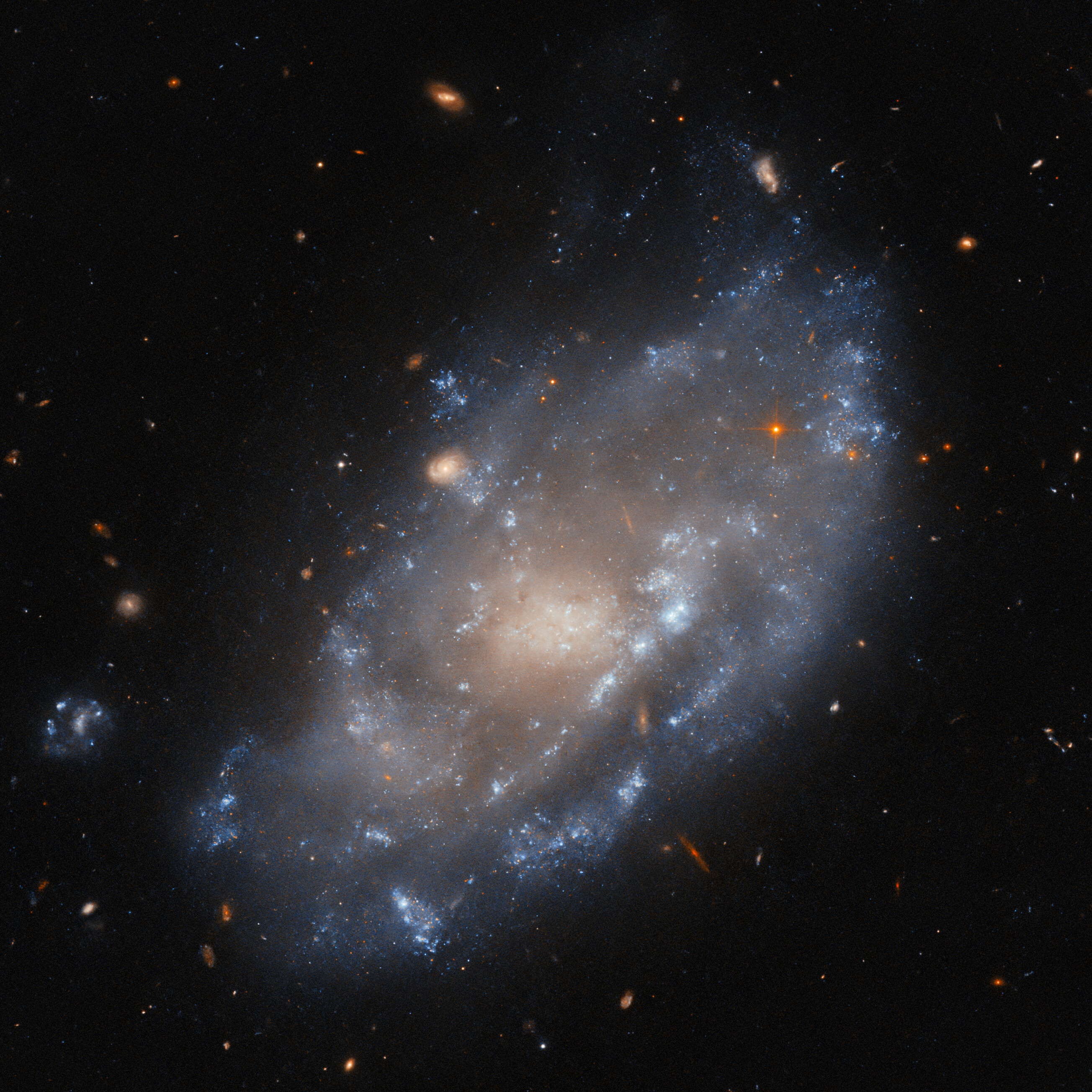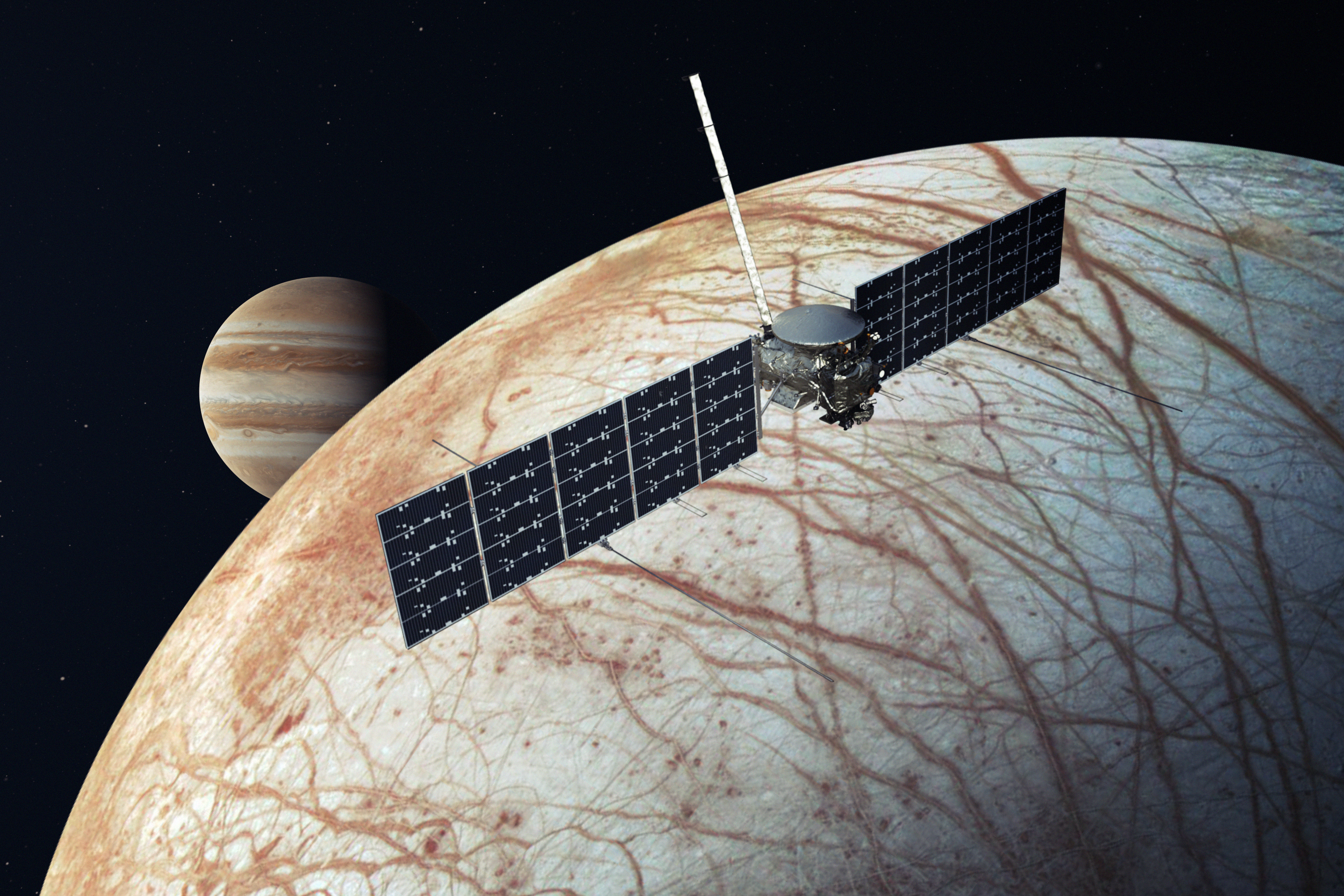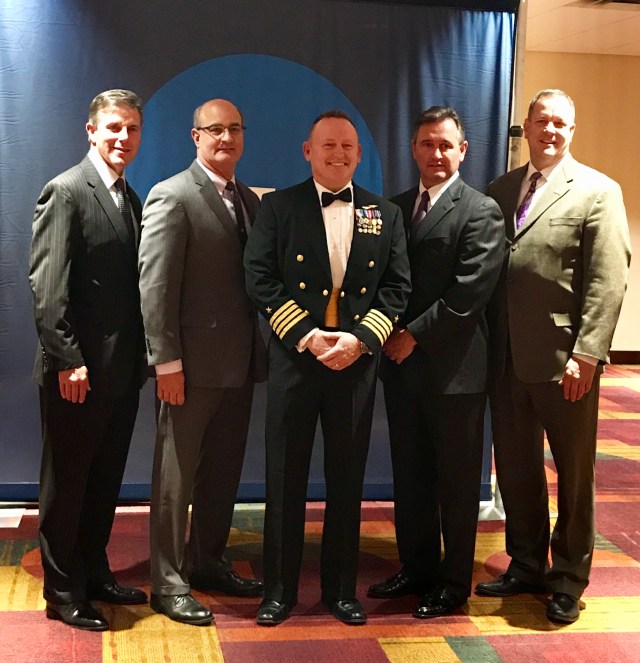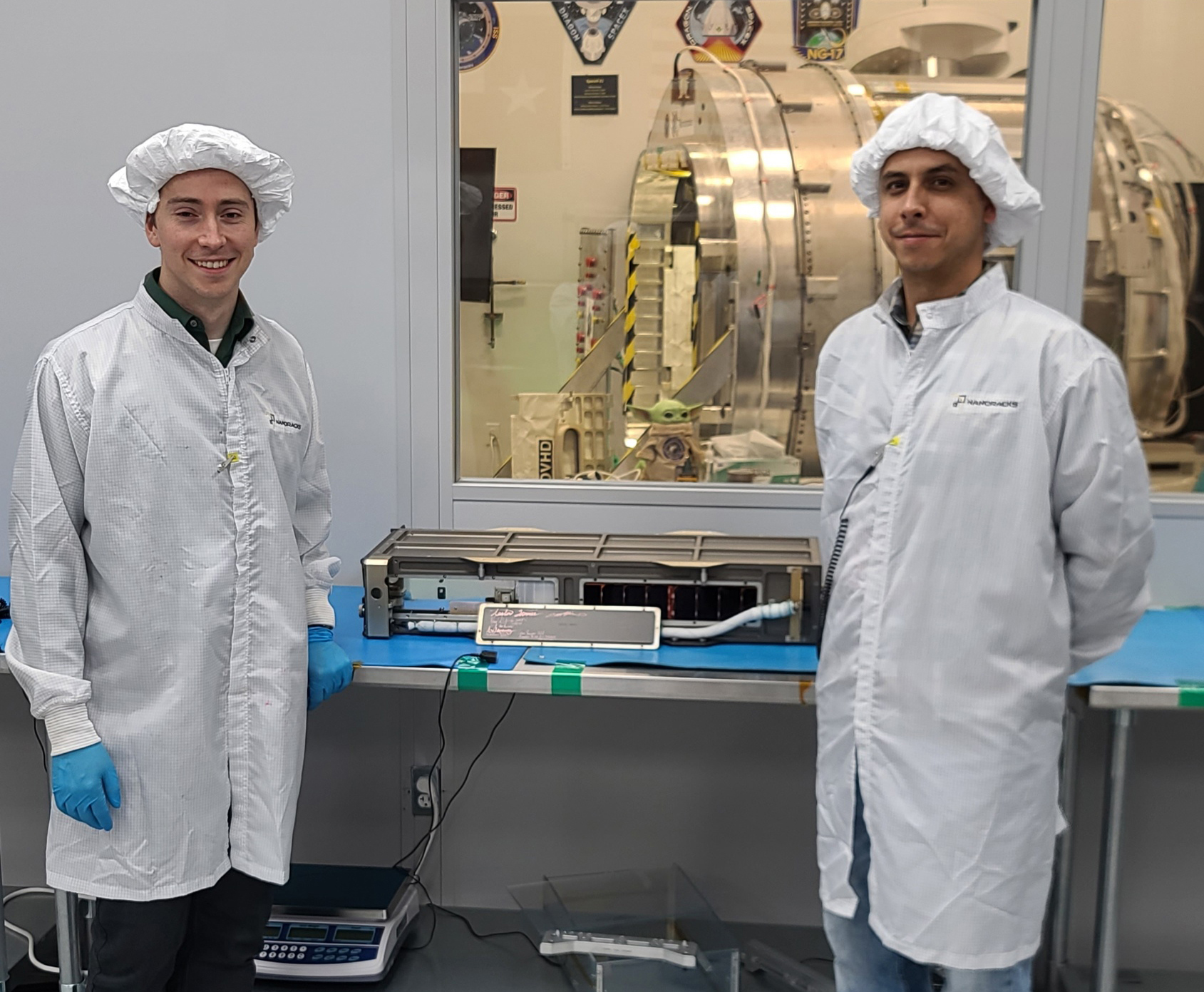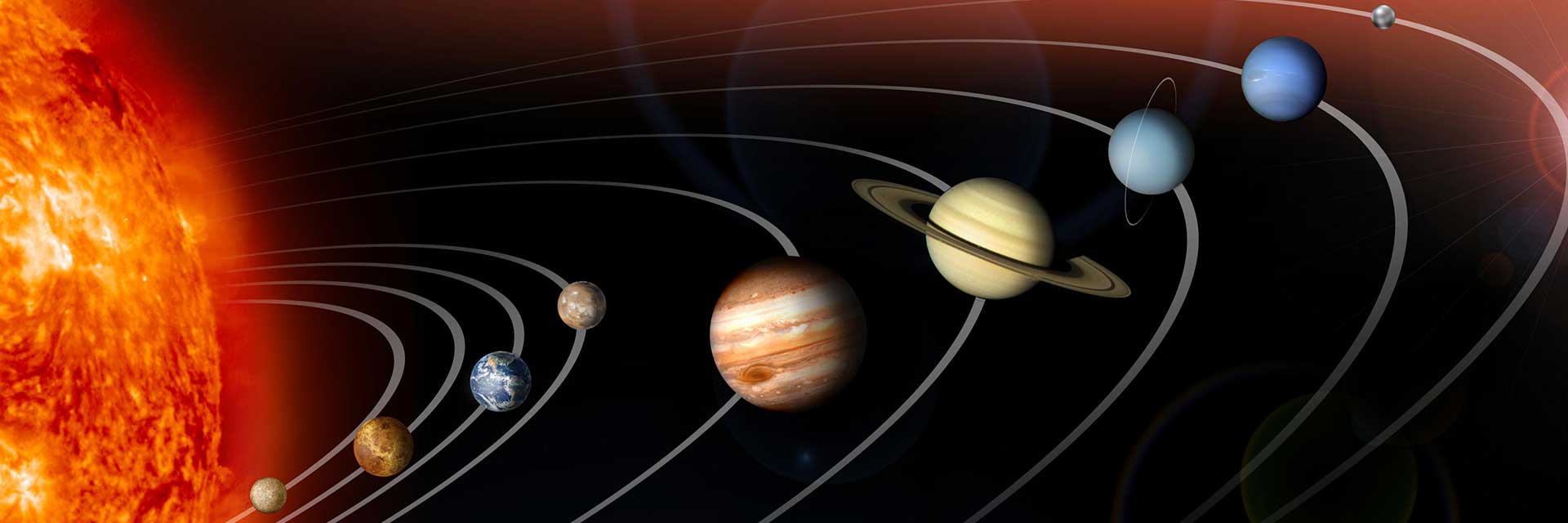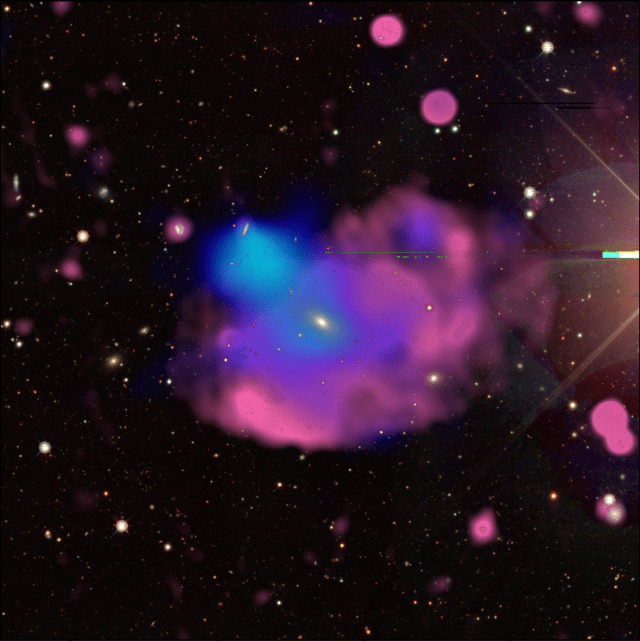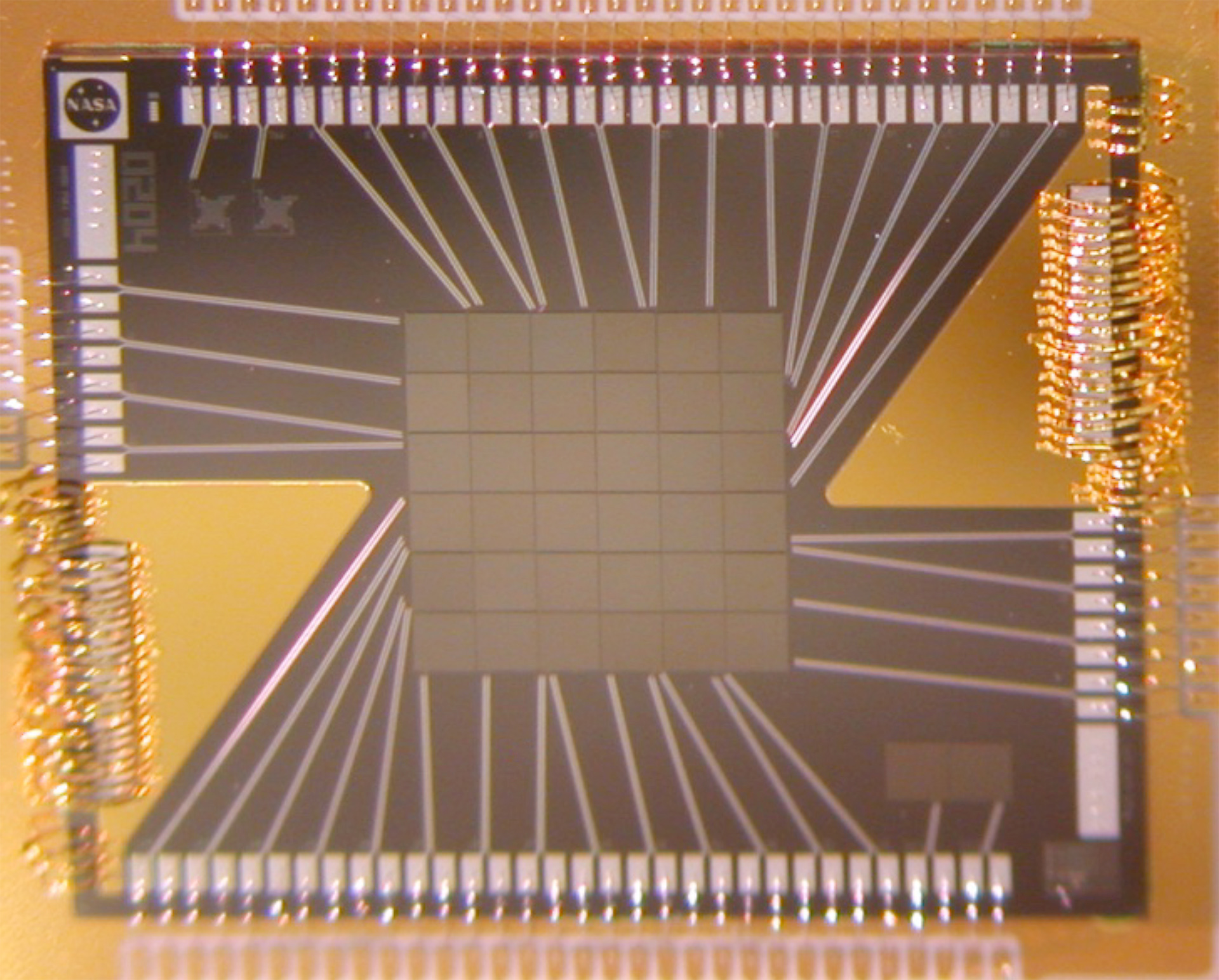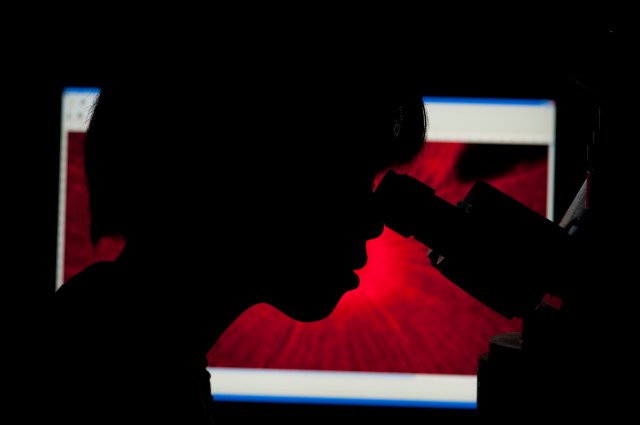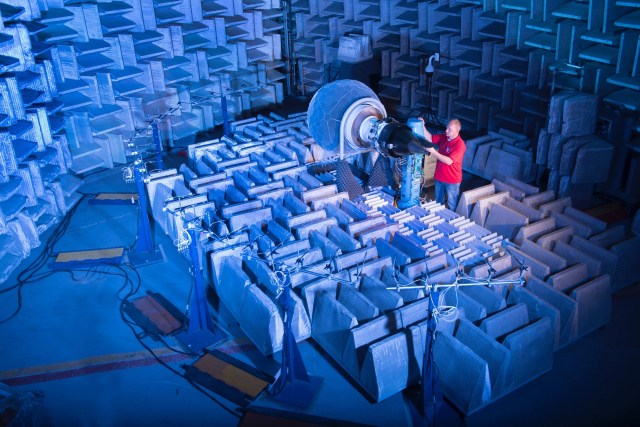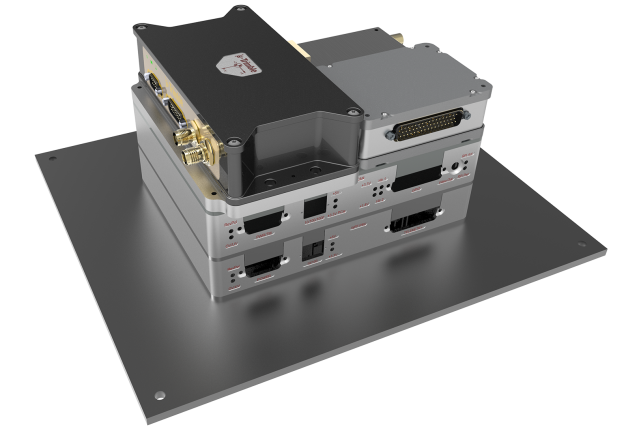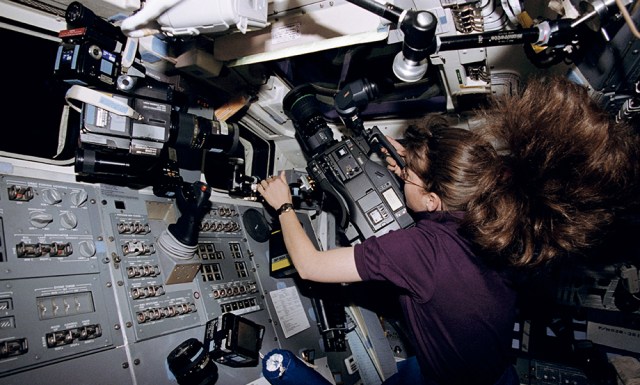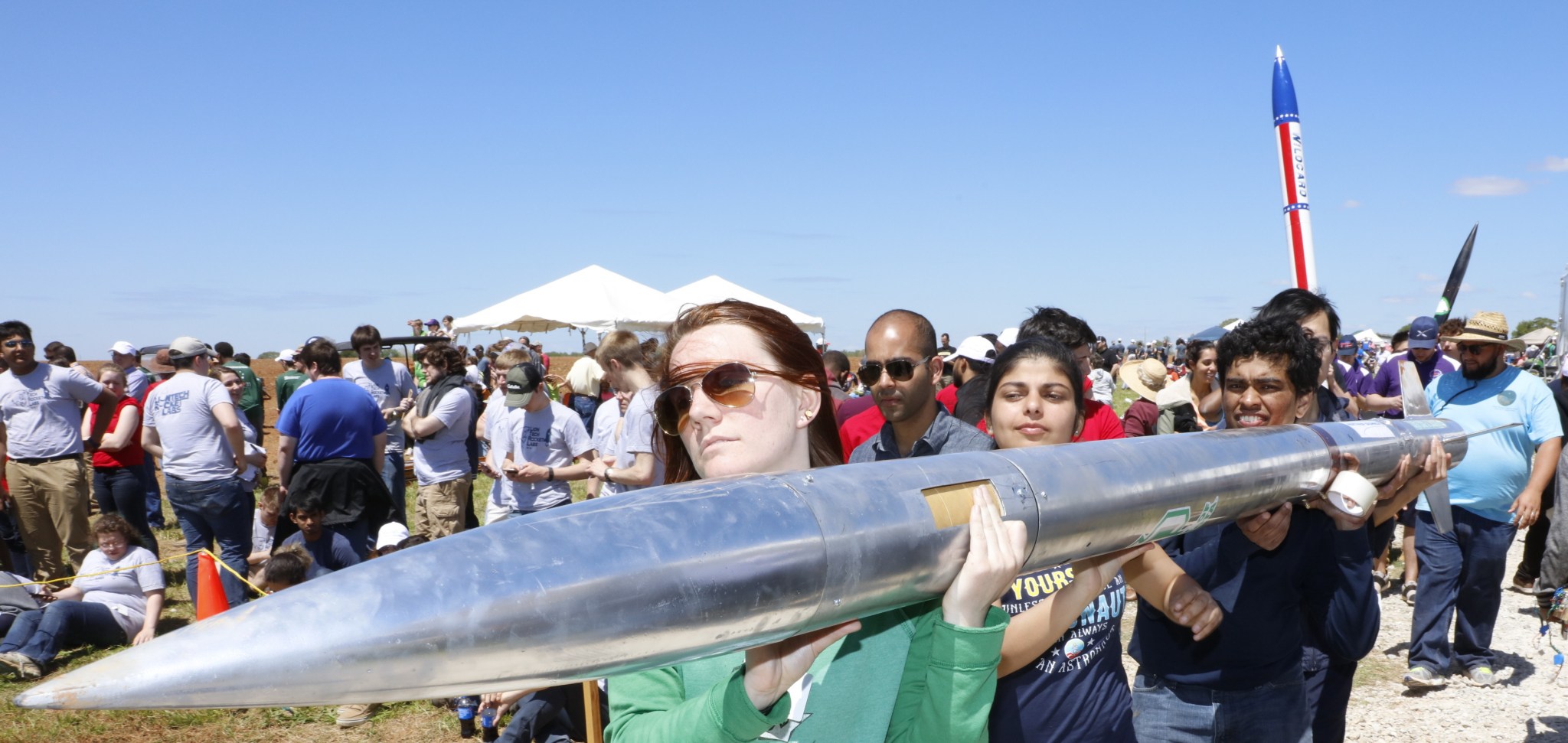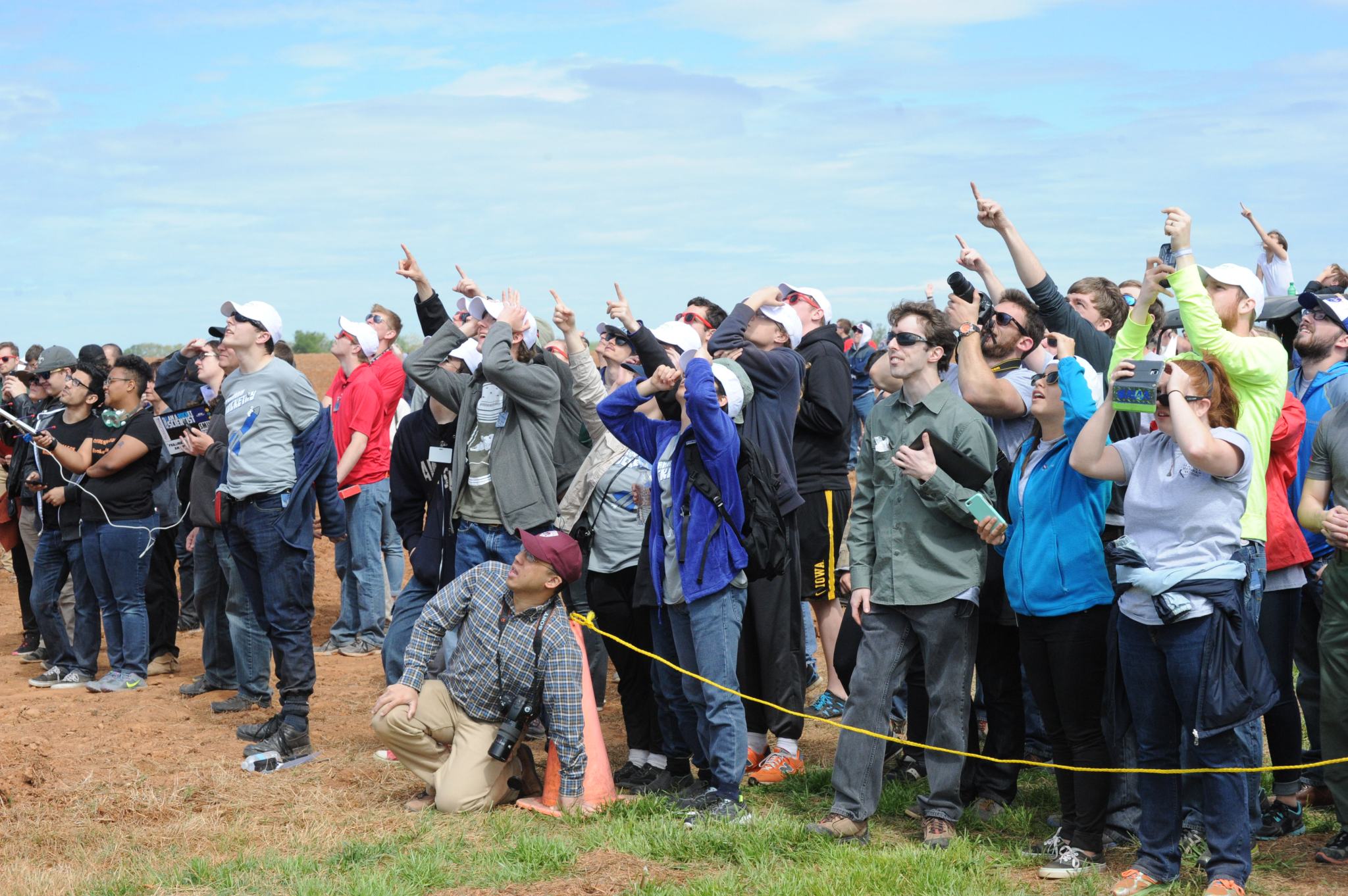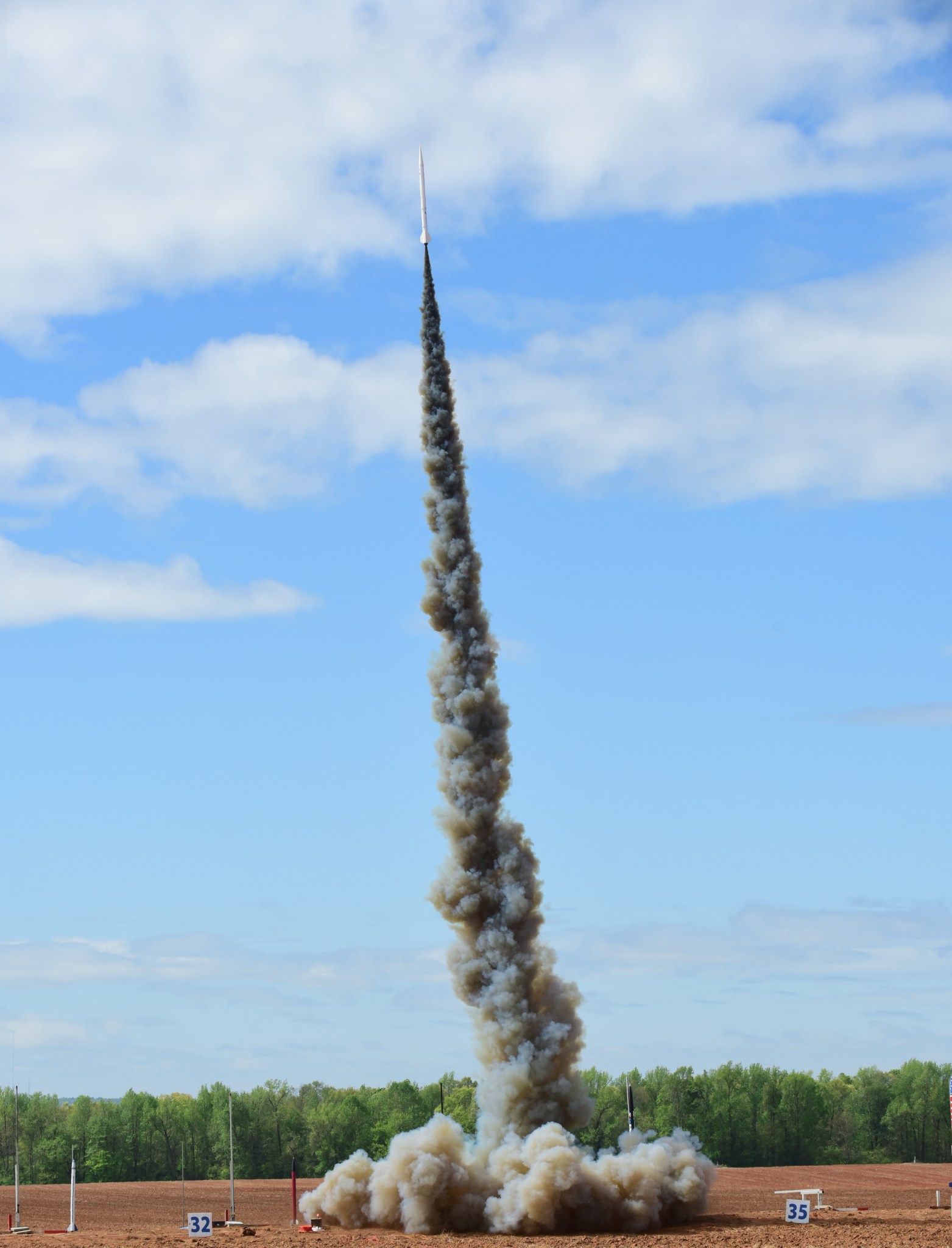NASA has announced the preliminary award winners for the 2016 NASA Student Launch challenge, held April 13-16 near NASA’s Marshall Space Flight Center in Huntsville, Alabama.
Nearly 50 middle and high school, college and university teams from 22 states demonstrated advanced aerospace and engineering skills related to real-world activities and programs on NASA’s Journey to Mars. Teams spent the past eight months building and testing rockets designed to fly to an altitude of one mile, deploy an automated parachute system, and land safe enough for reuse, while other teams also designed scientific payloads for data collection during flight.
The weeklong event — now in its 16th year — included an astronaut visit with Kjell Lindgren of the Expedition 44/45 to the International Space Station; a rocket fair, where students gave formal presentations about their rocket designs to team members of NASA and longtime corporate sponsor Orbital ATK Aerospace Group of Promontory, Utah; a behind-the-scenes tour of working facilities at the Marshall Center; and a full day of high-powered rocket launches.
Preliminary winners for Student Launch were announced during an awards ceremony April 16, at the U.S. Space & Rocket Center in Huntsville, and hosted by Orbital ATK. Several teams eagerly accepted such awards as best vehicle design, the safety award, best team website and other achievements.
The overall winners of Student Launch will be announced in early May, as the final calculations are still under review for accuracy. This will include the first-through third-place teams, as well as the rookie award winner, with the first place winner receiving $5,000 from sponsor Orbital ATK.
The Academic Affairs Office at Marshall manages Student Launch, to further NASA’s major education goal of attracting and encouraging students to pursue degrees and careers in science, technology, engineering and mathematics. NASA’s Office of Education and Human Exploration and Operations Mission Directorate, as well as Orbital ATK’s Propulsion Systems Division, provide funding and leadership for the initiative.
2016 Student Launch Preliminary Award Winners
- Best Vehicle Design Award: Cornell University of Ithaca, New York, with the most creative, innovative and safety-conscious overall rocket design
- Safety Award: University of Louisville in Kentucky, for maximizing safety and science value in their design
- Project Review Award: Vanderbilt University of Nashville, Tennessee, with the best combination of written reviews & formal presentations
- Education Engagement Award: Citrus College of Glendora, California, best informed others about rocketry & other space-related topics
- Altitude Award: University of Florida in Gainesville, for coming closest to the target altitude of 5,280 feet above ground level
- Altitude Award: (Middle/High School Division): Plantation High School – Team One, of Plantation, Florida, for coming closest to the target altitude of 5,280 feet above ground level
- Payload Design Award: Vanderbilt University, with the most creative, and innovative payload design while maximizing safety and science value
- Best Website Award (College Division): University of Louisville, with the best, most efficient website
- Best Website Award (Middle/High School Division): Jordan High School of Durham, North Carolina, with the best, most efficient website
- Rocket Fair Display Award (College Division): Madison West High School – Team Martian of Madison, Wisconsin
- Rocket Fair Display Award: Krueger Middle School of San Antonio, Texas
- Best Looking Rocket Award (College Division): University of Arkansas in Fayetteville
- Best Looking Rocket Award (Middle/High School Division): Krueger Middle School of San Antonio, Texas
- Team Spirit Award (College Division): Auburn University of Auburn, Alabama
- Team Spirit (Middle/High School Division): Krueger Middle School of San Antonio, Texas
For more details, rules, photos and links to social media accounts, visit:
https://www.nasa.gov/education/studentlaunch
Archived launch-day footage is available on the Marshall Center’s Ustream account:


